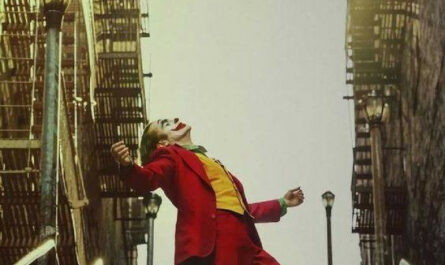In the annals of cinematic history, few characters have left as indelible a mark on the collective consciousness as Tyler Durden from “Fight Club.” Portrayed with enigmatic allure by the incomparable Brad Pitt, Tyler is a character shrouded in mystery and intrigue. Many have pondered the origins of Tyler’s persona, searching for the elusive inspirations that shaped this enigmatic figure. While it’s unlikely that Tyler’s essence can be attributed to a single source, a closer examination reveals a tapestry of influences that contributed to his complex character. Join us as we delve deep into the psyche of Tyler Durden, uncovering the surprising inspirations behind his iconic persona.
Disaffected Masculinity: A Rejection of Societal Norms
At the heart of Tyler Durden lies a profound rejection of societal expectations, particularly those imposed upon men. Chuck Palahniuk, the mastermind behind the novel “Fight Club,” has candidly shared his own experiences grappling with the confines of masculinity. Tyler emerges as a manifestation of this disaffection, a renegade who refuses to conform to the stereotypical roles assigned to men. His disdain for consumer culture and patriarchal norms resonates with those who feel stifled by society’s rigid constructs. Tyler Durden becomes a symbol of rebellion, challenging the very essence of what it means to be a man in the modern world.
Anarchist Ideals: A Voice of Dissent
In Tyler Durden, we see echoes of anarchist philosophy, a defiant rejection of authority and hierarchy. His radical ideas and penchant for dismantling the status quo align closely with the tenets of anarchism. Tyler’s call to arms, urging individuals to reject the shackles of consumerism and embrace chaos, strikes a chord with those disillusioned by the constraints of a regimented society. Like a modern-day Robin Hood, Tyler seeks to disrupt the established order, inciting a revolution of the mind.
Nietzschean Ubermensch: A Dark Interpretation of Greatness
Friedrich Nietzsche’s concept of the “Ubermensch” looms large over Tyler Durden, casting a shadow of existential dread. While Nietzsche envisioned the Ubermensch as a figure of transcendent greatness, Tyler embodies a darker interpretation of this ideal. He is not a beacon of enlightenment but rather a harbinger of nihilism, a figure who revels in chaos and destruction. Tyler’s quest for self-mastery and liberation from societal constraints mirrors Nietzsche’s philosophical musings, albeit with a decidedly sinister twist. In Tyler Durden, we witness the descent into the abyss, where the line between hero and villain blurs into oblivion.
Cult of Personality: Charisma and Manipulation
Tyler Durden possesses an undeniable magnetism, a charisma that draws others into his orbit like moths to a flame. His ability to captivate and manipulate those around him bears striking similarities to infamous cult leaders throughout history. Like a modern-day cult figure, Tyler exerts a hypnotic influence over his followers, leading them down a path of self-destruction in the name of liberation. His cult of personality thrives on disillusionment and discontent, offering a tantalizing escape from the mundanity of everyday life.
Conclusion:
In the enigmatic persona of Tyler Durden, we encounter a character of unparalleled complexity and depth. While his origins remain shrouded in mystery, the influences that shaped his iconic persona are manifold. From the rejection of societal norms to the embrace of anarchist ideals, Tyler Durden embodies a potent cocktail of rebellion and disillusionment. Whether viewed as a symbol of liberation or a cautionary tale of unchecked ambition, Tyler Durden’s legacy endures as a testament to the power of cinematic storytelling. Behind the mask of Brad Pitt’s mesmerizing portrayal lies a character whose enigmatic allure continues to captivate audiences the world over.



